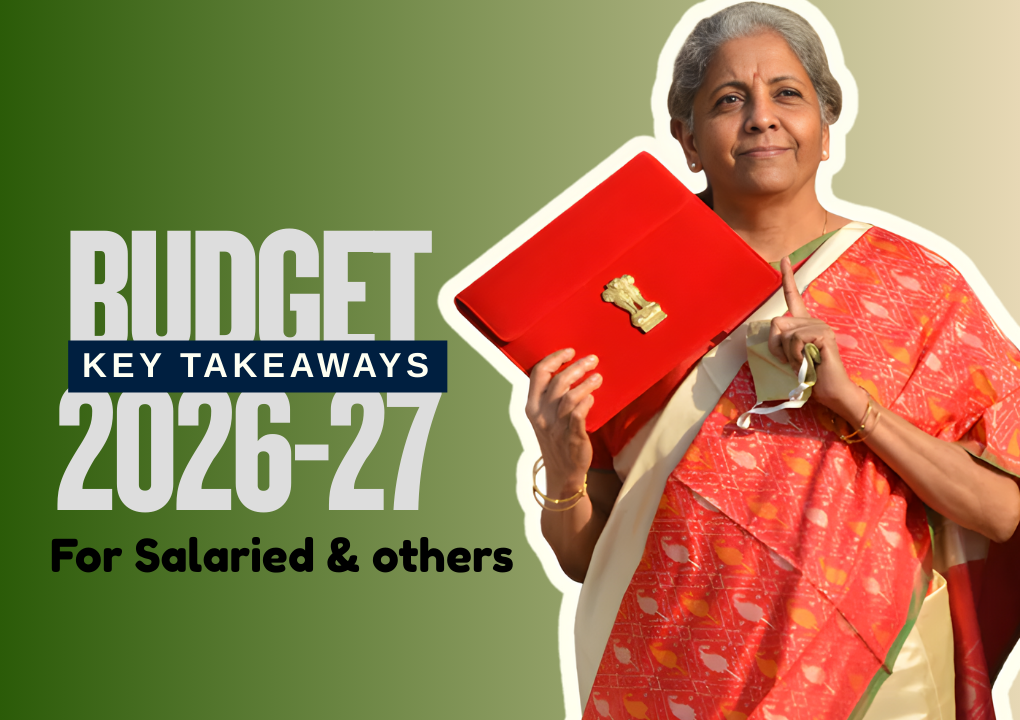Financial Planning Guide 2026
Chapter 1

Question 1. What is financial planning?
Financial planning is not just about investing. It’s a robust process that provides you with a roadmap to your financial life, empowering you to take control and feel confident about your financial future. As we navigate our lives, from our first job to getting married, raising children, and finally growing older, money plays a crucial role. Planning your funds or finances is a critical process that helps you navigate life more satisfactorily by improving your relationship with money. Remember, the earlier you start, the more you can achieve.
“Financial planning is similar to planning your yearly family vacations. Have you ever wondered how you prepare for a holiday a year in advance?”
You first identify the budget of the trip within your available resources. Convinced that you can fund the estimated amount, you start searching for the correct location. You plan out in detail how the money will be spent during your vacation. In the event of any shortfall in funds, you will need to cut back on your vacation budget. You then plan out the map to get there. Finally, book your stay and travel in advance to avoid any problems during your holiday. A day before your trip, you start packing your bags so that you don’t miss anything. Lastly, you also take measures to accommodate any change that cannot be predicted but may occur during the trip. So much planning for a 3-4 day holiday!!.
This whole journey has answered three basic questions of life:
- How much money is required for the destination that you have to reach in the future?
- How will the money be spent during the journey?
- What will you do if there is any change in the situation that you cannot foresee today?
Financial Planning is a similar process that provides you with a roadmap for your financial life, helping you meet both expected and unexpected life expenses. Household expenses, discretionary expenses, children’s school and college fees, putting money together to buy a home, EMI payments, saving and investing for your retirement, and so on, and the unexpected, like medical contingency, creating a safety fund to compensate for loss of a job, and so on. It is easy to say that as long as you are earning, your monthly salary will cover your expenses, and whatever you save, you will invest. Upon retirement, you will hopefully have a sufficient corpus to maintain a comfortable standard of living.
Page 1 ( Next )
Follow-up Pages
Use the tabs below to navigate between Pages
Starting Early: How Jadhav Built a Diversified Portfolio and Secured Her Future
First Published on Mint For Pratibha Jadhav, the journey toward financial independence began with a [...]
India’s Income Tax Budget 2026: What It Really Changes for Individuals (And What It Doesn’t)
TL; DR The 2026 Union Budget focuses on stability and structural simplification rather than headline-grabbing [...]
Capital Gains Tax Harvesting in Mutual Funds-A smart way to reduce tax burden for fiscal year 2025
TL;DR: For fiscal year 2025–26, optimizing mutual fund returns requires a mix of disciplined investing [...]





